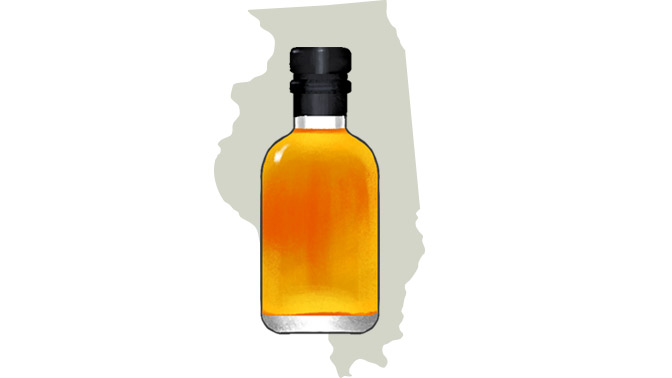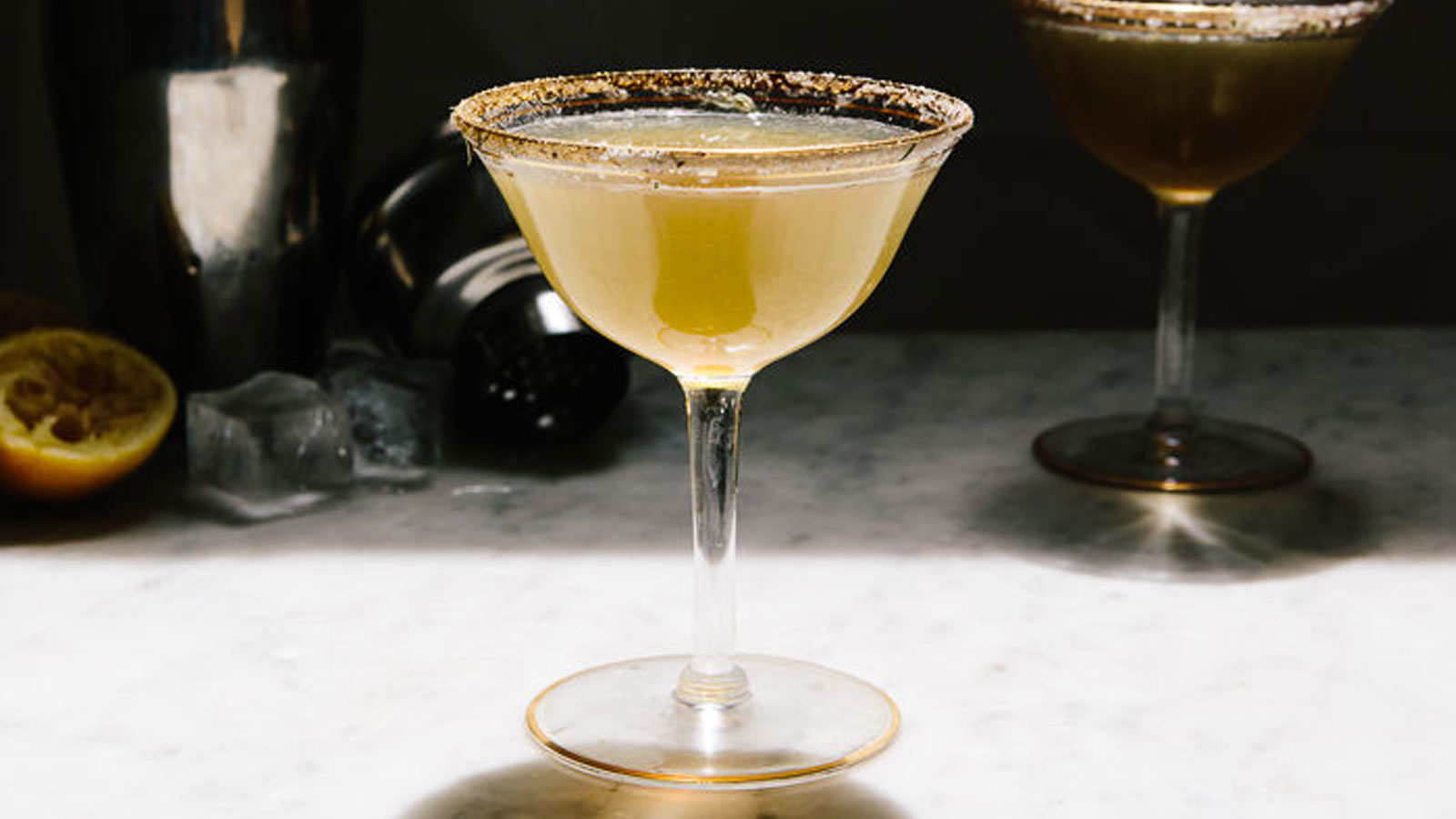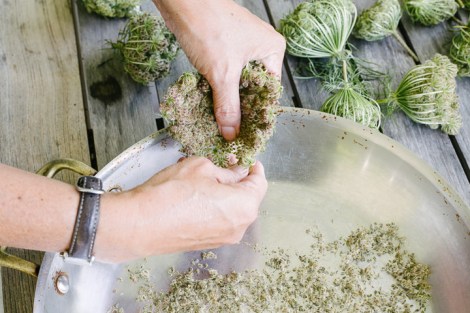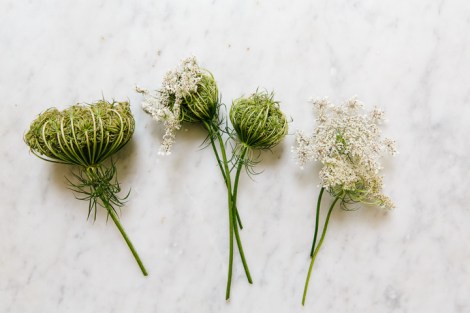
Yossy Arefi
Foraged vegetables are always more fun to cook. So our resident forager, Tama Matsuoka Wong, is introducing us to the seasonal wild plants we should be looking for, and the recipes that will make our kitchens feel a little more wild.
It’s the season’s last hurrah, and native flowers are abloom. I’ve been eying my neighbor’s field for weeks now — it’s dotted with white umbrellas of Queen Anne’s Lace (Daucus carota). To them, it’s just a bit of fallow land full of weeds. To me, it’s a veritable organic buffet. And the moment I’ve been waiting for is here: Those lacy umbel flower heads have begun to curl up like little tangled birds’ nests.
The flowers of the wild carrot, or Queen Anne’s Lace, are as edible as the stringy root — but the culinary gem is its fruit. Because each fruit is so small and the harvest window is relatively short, I hadn’t even noticed them until recently. But when I looked closely, I could see that each cluster was full of hundreds of small, eye-shaped fruits.
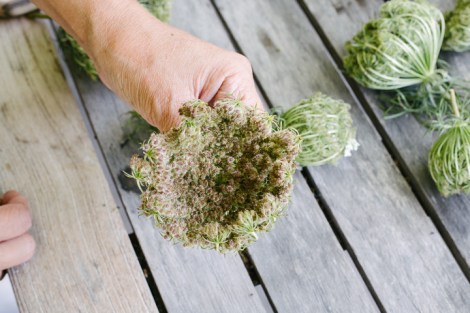
Food52 / Yossy Arefi
I picked the bunches with the largest fruit (some of the fruit was red, and some was still green), checking the aroma by breathing deep into their flower nests. The scent can vary, but they are heavily fragrant — oftentimes peppery with hints of coriander and carrot. This complexity is the essence of wild flavors.
To harvest, clip the cluster, remove the fruits from the frame, and dry them under gentle heat (such as a heat lamp or dehydrator); you can store them whole to use as a spice or seasoning at will. Once they dry, their strong aroma will dissipate, but give them a quick grind in the Cuisinart, blender, or mortar and pestle and — voilà! — the pungent fragrance returns.
One of my favorite ways to use this spice is to sprinkle it on top of carrot cake for an added kick. It’s also wonderful in carrot salads, caramelized on top of crème brulée, or infused into jelly. On late-summer evenings, I take the chill off with a cognac apéritif, the rim of the glass dipped in spicy Queen Anne’s Lace.
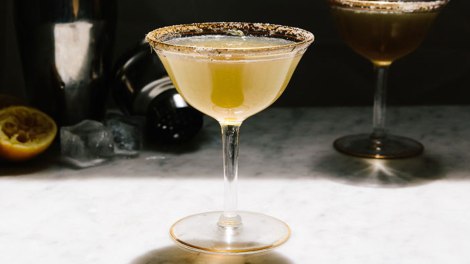
Food52 / Yossy Arefi
Queen Anne’s Lace Cognac Apéritif
See the full recipe (and save and print it) here.
Makes 1 cocktail
For the drink:
2 ounces cognac (I suggest Pierre Ferrant 1840)
3/4 ounce Meyer lemon juice or bergamot juice
3/4 ounce honey syrup (equal parts honey and hot water)
1 teaspoon dried Queen Anne’s Lace fruit
For the spiced rim:
3 tablespoons dried Queen Anne’s Lace fruit
1 1/2 tablespoon fine sugar
Note: Historically, Queen Anne’s lace was used for medicinal and contraceptive purposes. Avoid it if you are pregnant, and check with your doctor if you are currently taking medications.
The carrot family contains a number of poisonous look-alikes, most notably poison hemlock. Once the fruit has formed, it is easy to tell them apart, but less so when the plants still only have leaves.
